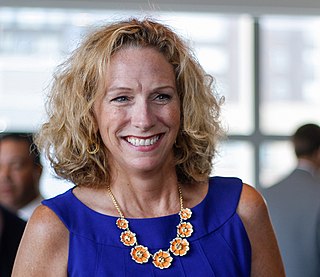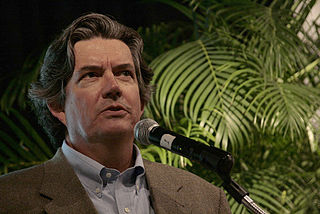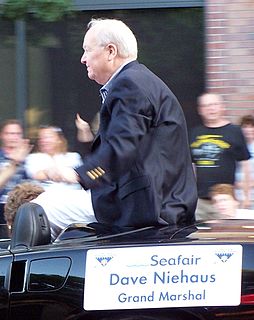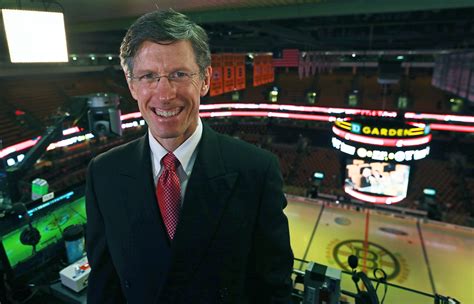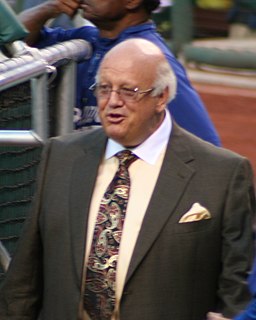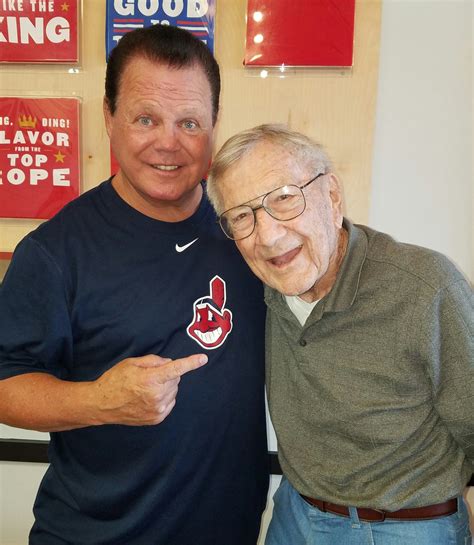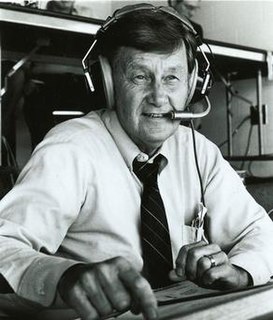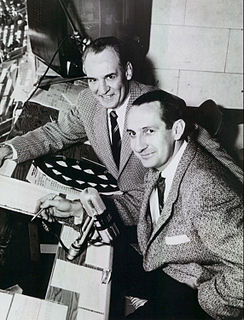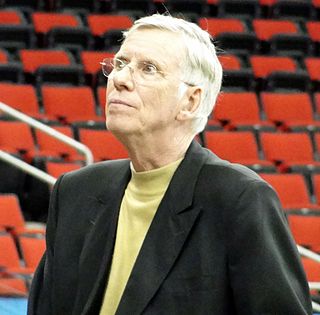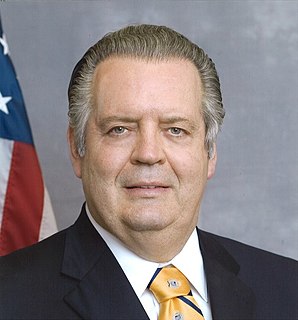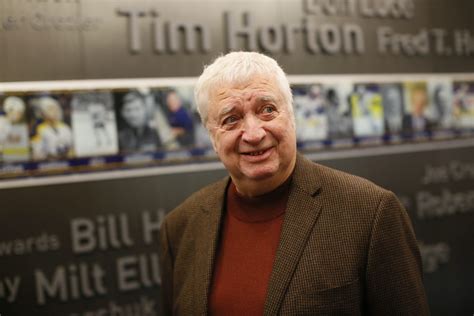A Quote by Mark Mason
I was attracted to the direct connection with history that land surveyors experience in the form of plans, field notes, and from surveying monuments from decades or even centuries in the past.
Related Quotes
Rather than relying on farmers, ranchers, outdoorsmen, lumberjacks, surveyors, oil workers, miners, or community leaders who have decades of land use experience, government policymakers turn to 25-year-olds with master's degrees in ecology and political science to run the country's public lands policy.
There are lots of ways to design a workflow - for instance, some land surveyors book their notes by hand, and some use electronic data collectors. Every firm has its own unique way of arriving at the end product. However, from a licensed land surveyor, the product should always be of the same high quality.
Community, then, is an indispensable term in any discussion of the connection between people and land. A healthy community is a form that includes all the local things that are connected by the larger, ultimately mysterious form of the Creation. In speaking of community, then, we are speaking of a complex connection not only among human beings or between humans and their homeland but also between human economy and nature, between forest or prairie and field or orchard, and between troublesome creatures and pleasant ones. All neighbors are included.
There's a popular misconception that property boundaries are based on coordinates that surveyors can simply "walk to" with our instruments. The reality is that, while physical coordination of monuments is easier than it's ever been, property boundaries often need to be determined based on evidence and plans that are old, decrepit, and done with different technology and expectations than we have today.
As for my own business, even that kind of surveying which I could do with most satisfaction my employers do not want. They would prefer that I should do my work coarsely and not too well, ay, not well enough. When I observe that there are different ways of surveying, my employer commonly asks which will give him the most land, not which is most correct.
Direct experience is inherently too limited to form an adequate foundation either for theory or for application. At the best it produces an atmosphere that is of value in drying and hardening the structure of thought. The greater value of indirect experience lies in its greater variety and extent. History is universal experience, the experience not of another, but of many others under manifold conditions.
No single man makes history. History cannot be seen, just as one cannot see grass growing. Wars and revolutions, kings and Robespierres, are history's organic agents, its yeast. But revolutions are made by fanatical men of action with one-track mind, geniuses in their ability to confine themselves to a limited field. They overturn the old order in a few hours or days, the whole upheaval takes a few weeks or at most years, but the fanatical spirit that inspired the upheavals is worshiped for decades thereafter, for centuries.
We are in a very critical and sensitive time in this nation. We need our president to sit down with folks who have a personal experience, a deep connection to the horror and the pain of this country`s provocative racial history. If the president wants to have a better understanding and appreciation for what he should do next, he needs to hear something from folks who have gone through this painful history. Without that personal connection to the painful past, it will be hard for him to regain that moral authority from my perspective.









